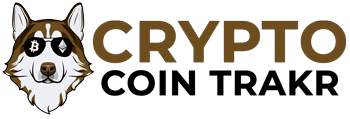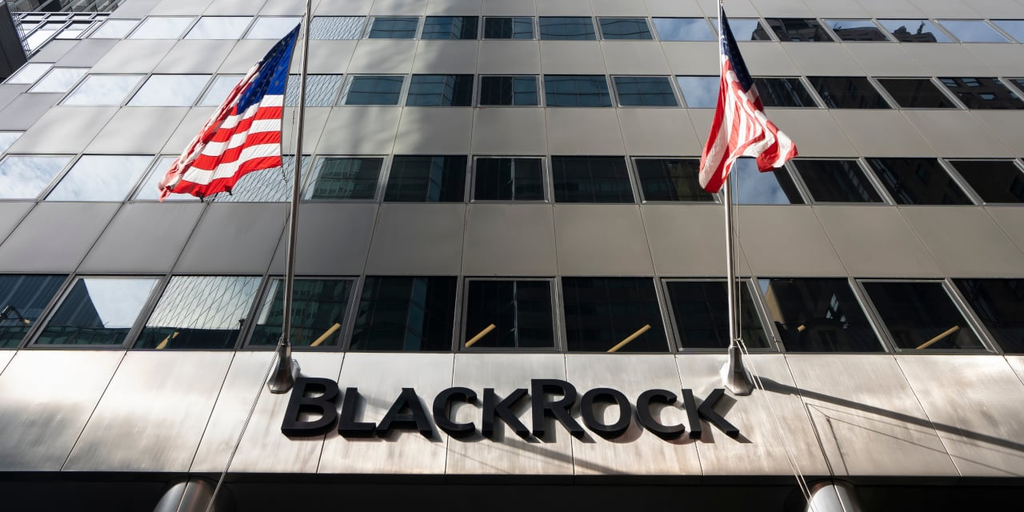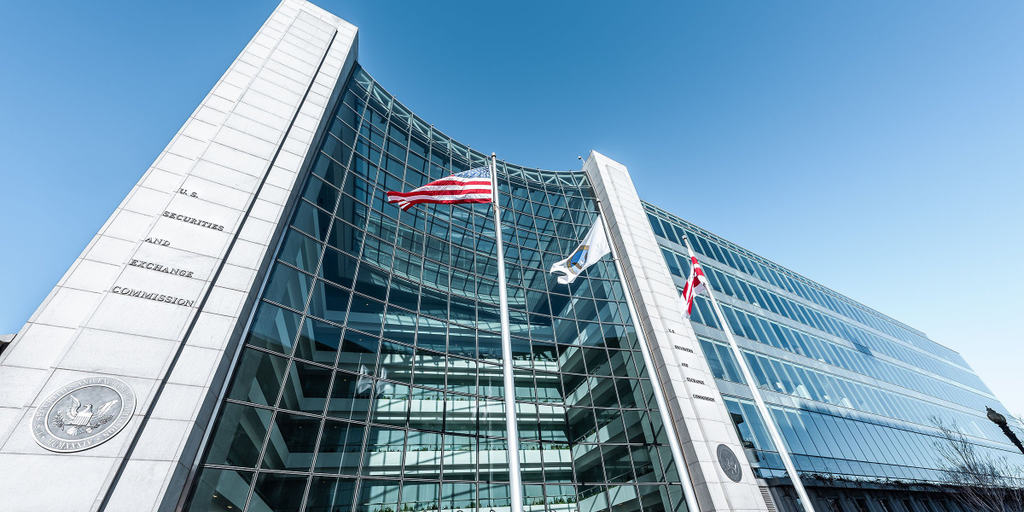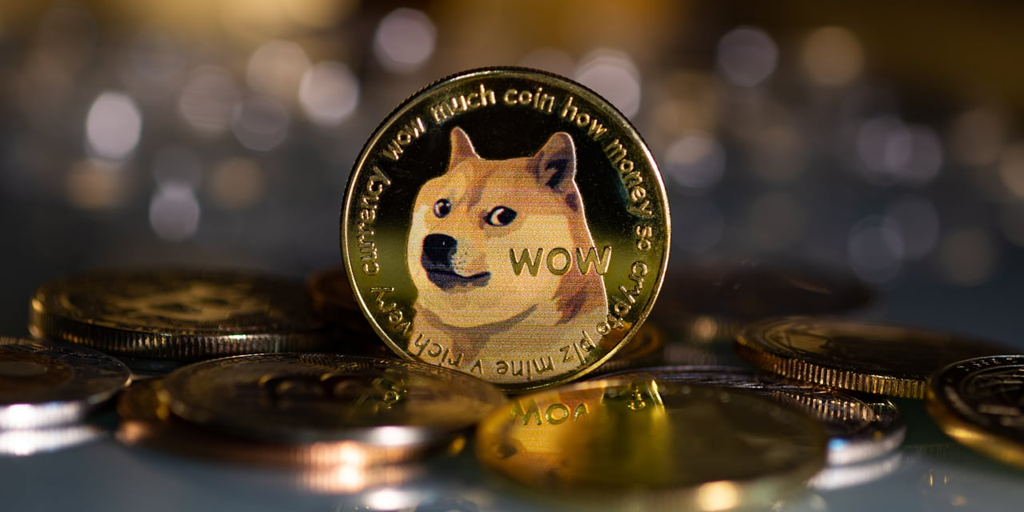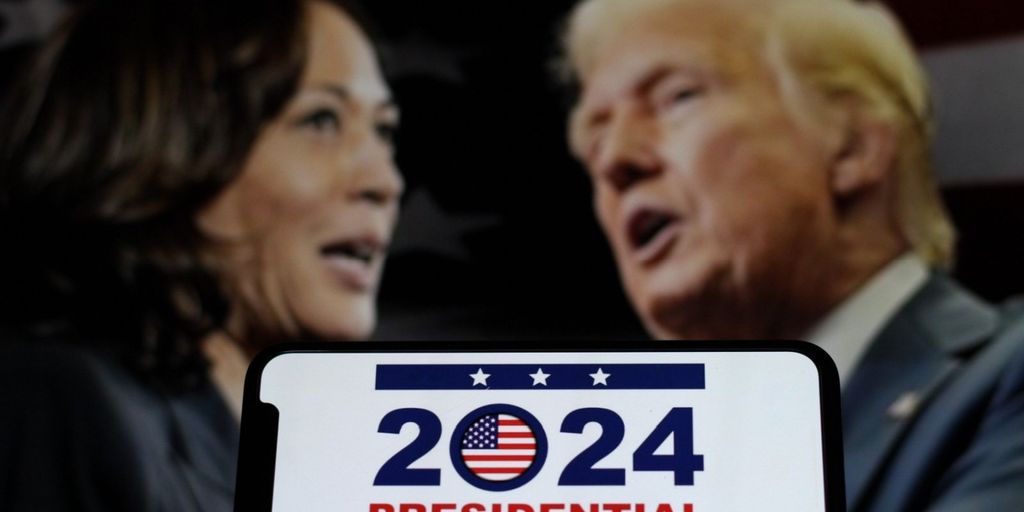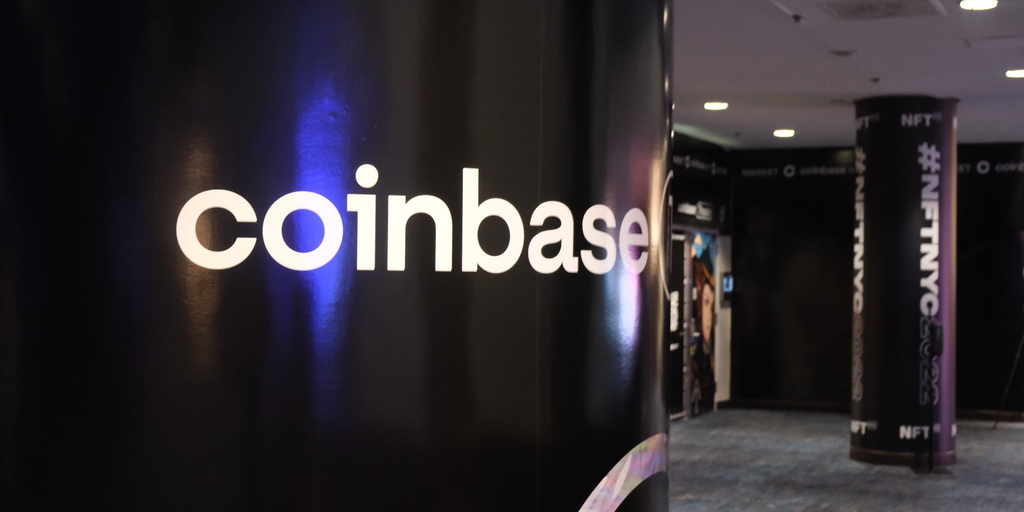Scammers are using social media to push cryptocurrency rackets? Tell us something we didn’t already know. Even so, the European Consumer Organization (BEUC) and nine of its member organizations have issued a stark warning to European authorities about the misleading promotion of cryptocurrency on leading social media platforms.
Beginning with a Dogecoin meme, the watchdog group’s 20-page report categorically slams digital assets as highly risky and prone to scams. It outlines the effect that digital assets have on consumers, offering quantitative data on its usage across several nations, as well as how crypto influencers operate.
In the report, Instagram, Twitter, YouTube and TikTok are specifically called out, with the group calling the combination of social media networks, influencers, and cryptocurrency a “toxic cocktail.” The group claims that the networks’ loose policies are “dubious,” and that scammers tend to target unsuspecting teenagers. It also emphasizes the role of “finfluencers” that make promises that are simply too good to be true.
The BEUC is a group of 45 independent consumer organizations spread across 31 countries. According to its website, the goal is to represent these institutions in the European Union (EU) and defend the interests of consumers. Among the group’s points of interest are sustainability, financial services, health, and international affairs.
Monique Goyens, Director General of BEUC, said in a press release that “it is well documented that crypto promotion involves scams and unfair commercial practices.”
“Crypto will be regulated soon with the new Markets in Crypto Assets regulation, but this legislation does not apply to the social media companies benefiting from the advertising of crypto at the expense of consumers,” she added, according to Reuters.
According to the BEUC, the European Union’s consumer laws have been broken, and it calls upon the European network of national consumer authorities (CPC-Network) to act and enforce stricter advertising policies on these platforms.
Despite today’s scathing report, authorities in Europe have already been working to counter crypto scams. Ironically, they took to social media in 2022 with educational campaigns increasing investor awareness about the asset class.
The European Union has been at the forefront of crypto legislation, approving Markets in Crypto Asset (MiCA) legislation earlier this year, which aims to end the so-called “wild west” mentality of the digital assets space.
Stay on top of crypto news, get daily updates in your inbox.
Source link
